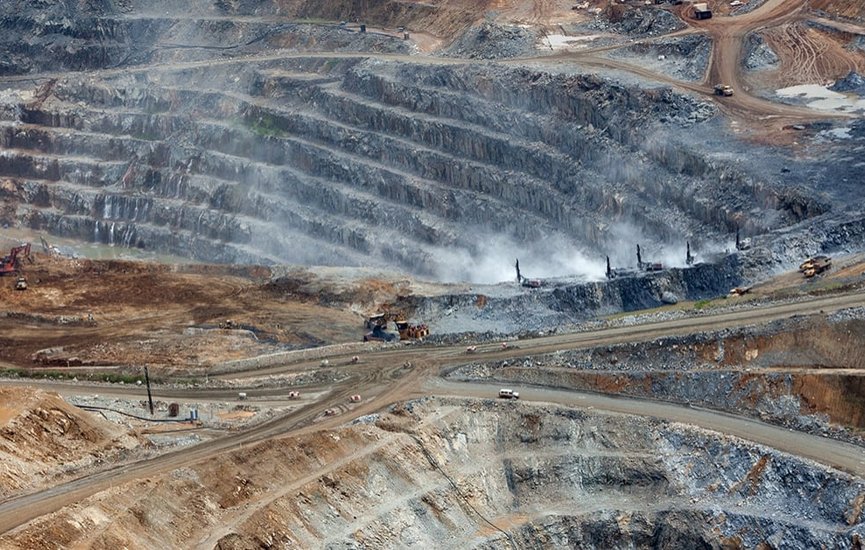Civil society groups and NGOs in the Democratic Republic of Congo are urging a reevaluation of the controversial "minerals for infrastructure" agreement with China.
Renegotiated over a year ago, the deal was initially hailed as the "contract of the century." However, the "Congo is not for Sale" coalition argues that the agreement heavily favors the Chinese consortium, warning of potential financial losses and a lack of transparency, which undermines the interests of the Congolese state.
Originally signed in 2008, the deal gave Chinese companies access to significant copper and cobalt mines in exchange for infrastructure development.
While the revised agreement was expected to generate an additional $4 billion in benefits for the DRC, critics contend that it has not addressed earlier imbalances.
Kinshasa, on the other hand, maintains that the updated agreement represents a win-win partnership, noting an increase in infrastructure investment from $3.5 billion to $7.5 billion.
The coalition, however, disagrees, pointing out that the Chinese mining company still enjoys full tax exemptions, leading to an annual revenue loss for the DRC of at least $100 million.
Furthermore, the infrastructure financing, which promises over $300 million annually to the DRC, is contingent on copper prices remaining at or above $8,000 per tonne. If the price falls below that threshold, the funding is withheld, yet if prices rise, the DRC will still receive the same amount, missing out on potential gains.
Another concern is the deal's fixed payment structure, which remains unchanged regardless of the volume of minerals extracted.
